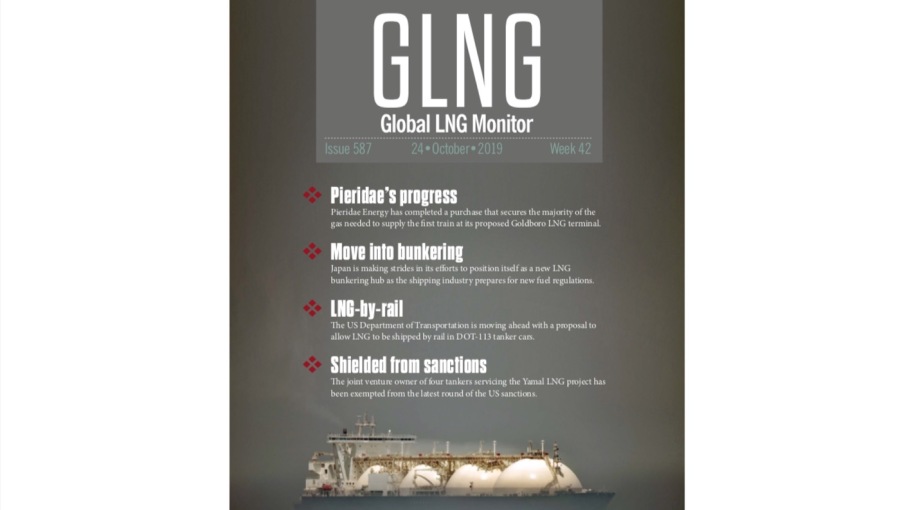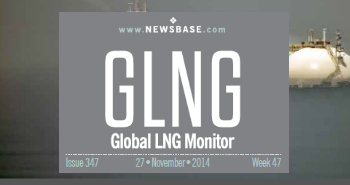GLNG: UK’s Grain LNG terminal receives accreditation on methane emissions from MiQ

The UK’s Grain LNG terminal has achieved an historic certification as the first LNG port in the world to be granted MiQ’s accreditation for the methane emissions performance of its operations.
Announced at the BloombergNEF London Summit on October 9, MiQ gave Grain LNG a grade of ‘B’. With the certification, the facility, located on the Isle of Grain about 40 km east of London, will now be able to offer purchasers the option of selecting LNG cargoes based on their methane emissions profile.
For Grain LNG, which is operated by National Grid, it marks a key step forward in future-proofing its business against emerging environmental legislation, putting Europe’s largest LNG terminal ahead of the curve.
The certification comes at a time when buyers in Europe and the UK are increasingly demanding greater transparency of the emissions profiles of their purchases.
The European Union’s new legislation gives US LNG producers until January 2027 to meet its new requirements on methane emissions with source-level reporting and third-party verification of emissions measurements required for the LNG to enter EU markets.
In 2020, French utility Engie backed out on a major LNG import deal with US LNG developer NextDecade after concerns sprung up with the French government over the green credentials of the LNG purchased.
The deal to import shale gas liquefied at NextDecade’s Rio Grande LNG terminal eventually came to fruition in 2022, with the two companies signing a 15-year supply deal that will see the Brownsville, Texas facility ship 1.75mn tonnes per year (tpy) of the super-cooled gas to the French utility as early as 2026.
The share of US gas supply that is certified has been steadily growing in recent years amid growing calls for methane emissions reduction in LNG supplies and greater transparency around measurement of methane emissions in the sector.
According to BloombergNEF, the share of certified gas in the US is expected to reach 45% by the end of the year, up from 38% in 2023.
If you'd like to read more about the key events shaping the global LNG sector then please click here for NewsBase's GLNG monitor.


Follow us online